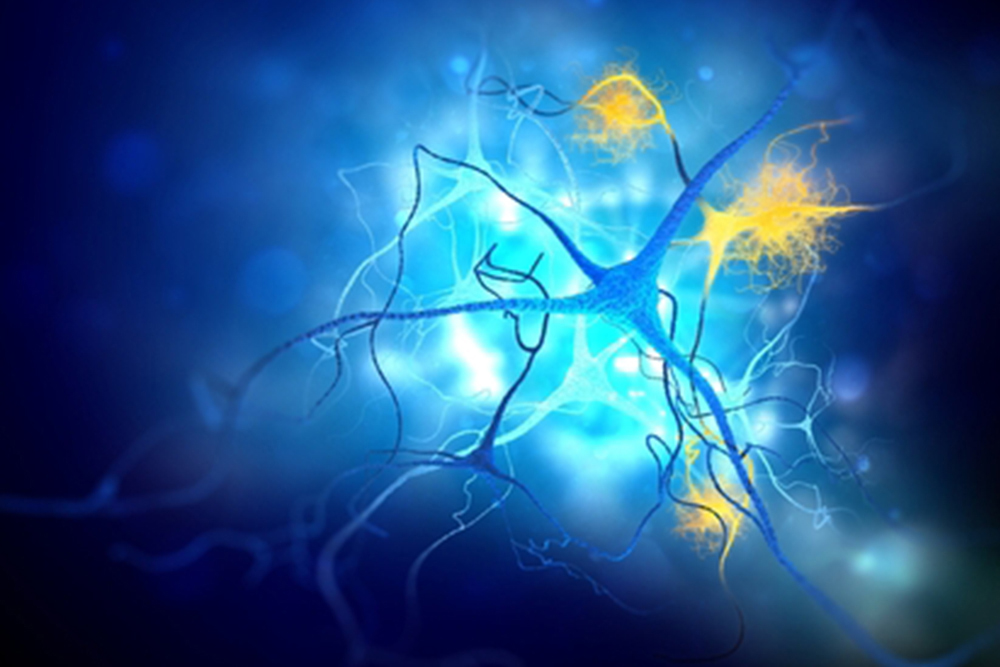Epilepsy is a major cause of disability and mortality, with increasing evidence linking it to cardiac arrhythmias, particularly sudden unexpected death in epilepsy (SUDEP). Ictal arrhythmias like bradycardia and asystole are common during seizures, especially in temporal lobe epilepsy. While cardiac pacing may prevent some arrhythmias, seizure control is essential. There is growing recognition of a shared underlying mechanism between epileptic and arrhythmogenic syndromes, possibly involving channelopathies that affect both the brain and heart. Certain antiseizure medications may also cause ECG abnormalities, though clinical data is limited.
The study emphasizes the need for further research into the relationship between epilepsy and cardiac arrhythmias, particularly with simultaneous EEG and ECG monitoring in ambulatory settings. Current diagnostic methods, like prolonged EEG and video monitoring, can improve understanding of these arrhythmic events. Despite advances in wearable technology, the risk of arrhythmias in epilepsy remains underexplored, especially with increased survival rates. Future research is needed to better understand the link between seizures, arrhythmias, and SUDEP, focusing on identifying biomarkers and targeted treatments.
Reference: Ha FJ, Chong T, Cook MJ, et al. Epilepsy and Cardiac Arrhythmias: A State-of-the-Art Review. JACC Clin Electrophysiol. 2025 Jan;11(1):217-229. doi: 10.1016/j.jacep.2024.09.034. Epub 2024 Nov 20. PMID: 39570264.









